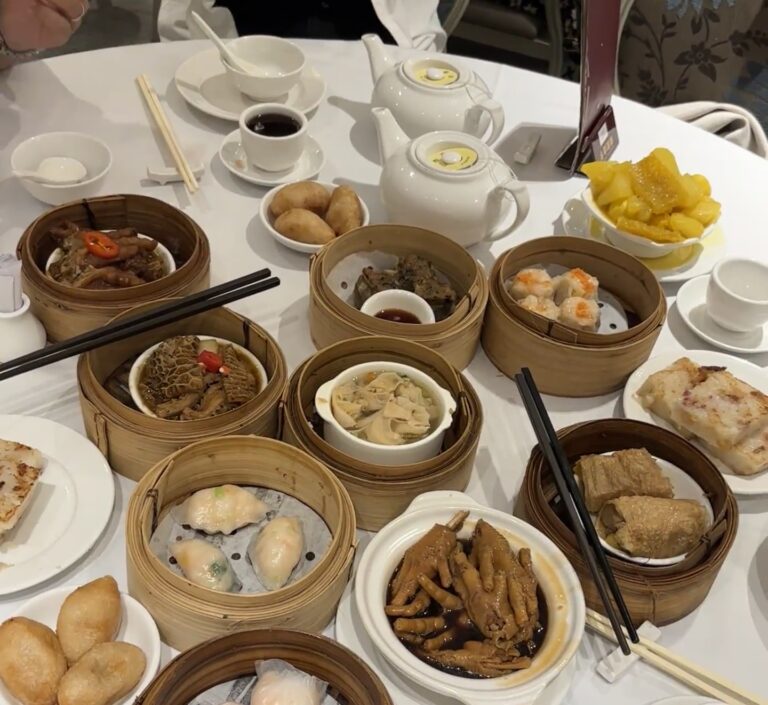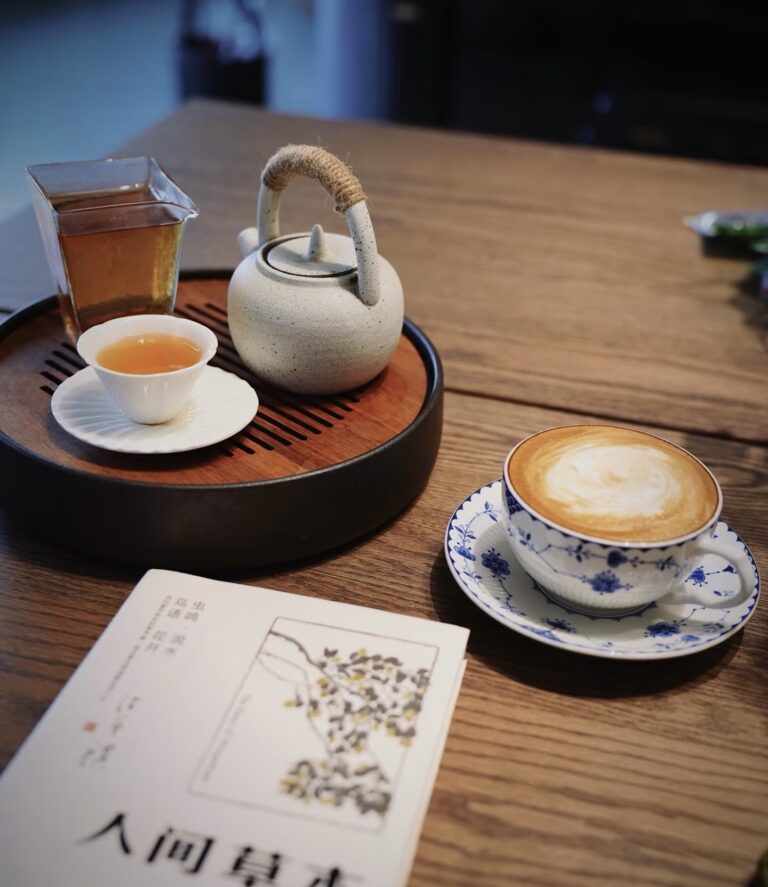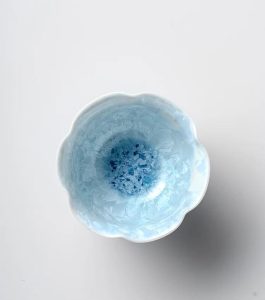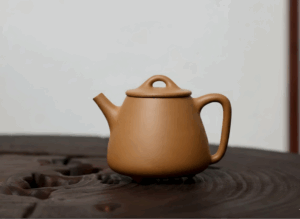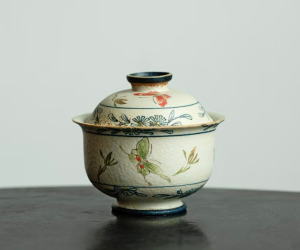
If you’re seeking to experience tea in its most natural, unaltered state, your journey should begin with White Tea. Celebrated for its minimalist processing, elegant flavor, and subtle sweetness, it represents a moment of pure tranquility in the world of tea.
At Fong’s Tea, while our passion is deeply rooted in the aged complexity of Pu-erh and the aromatic nuances of Oolong, we believe a true tea connoisseur’s palate should be well-versed in the landscape of all six major Chinese tea categories.
Today, let’s step into the serene world of white tea and appreciate the simple beauty crafted by just sunlight and time.
What Exactly Is White Tea?
White Tea is one of the six primary types of Chinese tea, defined by one core principle: minimal intervention.
Unlike other teas that undergo rolling, oxidation, or complex firing, the creation of white tea is a testament to simplicity. Its process consists of just two key steps: withering and drying. After harvesting the youngest, most tender buds and leaves, tea artisans simply spread them out to air-dry naturally, allowing for a slow, gentle oxidation in the sun and breeze.
This beautifully simple, hands-off approach preserves the tea’s most authentic character and a high concentration of beneficial antioxidants. It is primarily grown in the renowned tea mountains of Fujian province, China, its authentic geographical heartland.
The Main Types of White Tea

While there are several grades, two famous varieties from Fujian define the classic white tea experience.
1. Silver Needle (Bai Hao Yin Zhen)
This is the pinnacle of white tea quality. Silver Needle is crafted exclusively from the single, plumpest, unopened leaf buds of the tea plant. These buds are covered in fine, silvery-white downy hairs, giving the tea its name.
- Tasting Notes: The liquor is a pale, shimmering gold. Its flavor is exceptionally clean, light, and sweet, with delicate notes of melon, fresh hay, and a whisper of honeysuckle. It is the purest expression of white tea’s freshness.
2. White Peony (Bai Mu Dan)
White Peony consists of a leaf bud plucked together with one or two young leaves below it. When brewed, the greener leaves and silvery bud are said to resemble a peony blossom, hence its name.
- Tasting Notes: Compared to Silver Needle, White Peony offers a fuller body and more complex flavor profile. You’ll find the signature sweetness complemented by soft, floral aromas and a gentle, fruity undertone.
How to Brew the Perfect Cup of White Tea
The secret to brewing exceptional white tea is using cooler water temperatures to protect its delicate structure. The choice of teaware, such as a Gaiwan, can also enhance the experience.
- Tea-to-Water Ratio: Start with a ratio of 1:30 (e.g., 5 grams of tea for 150ml / 5oz of water).
- Water Temperature: This is crucial. Use water between 85-90°C (185-195°F). Simply let your kettle rest for a minute or two after boiling.
- Steeping Time: The first infusion should be around 45-60 seconds. High-quality white tea is very forgiving and can be re-steeped multiple times, adding 15-20 seconds to each subsequent infusion.
Your Journey Beyond White Tea: What to Explore Next?
Once you’ve appreciated the elegant purity of white tea, your palate is primed for the next step. Many tea lovers ask, “Where do I go from here?” The answer depends on what you enjoyed most.
If you loved the rich floral notes of White Peony…
…then the world of Oolong tea will be a revelation. Our High Mountain Oolongs, in particular, take that delicate floral character and elevate it into a symphony of aromas, from lilac to orchid, supported by a creamier texture and a long, lingering finish known as houyun (喉韻).
If you’re intrigued by white tea’s potential to age and develop sweetness…
…then Pu-erh tea opens a fascinating door to the “magic of time.” While aged white tea becomes sweeter and more mellow, the aging of Sheng (Raw) Pu-erh is a far more profound transformation, developing incredible notes of camphor, aged wood, and deep earthiness over decades. For a smooth and accessible starting point, our Shou (Ripe) Pu-erh offers a rich, comforting, and deeply satisfying taste of aged tea.
Begin Your Next Chapter
The world of tea is a vast and rewarding landscape. Think of white tea as the pristine, minimalist gateway to a universe of flavor.
When you’re ready to explore richer aromas and more complex tastes, we have the map to your next destination.

